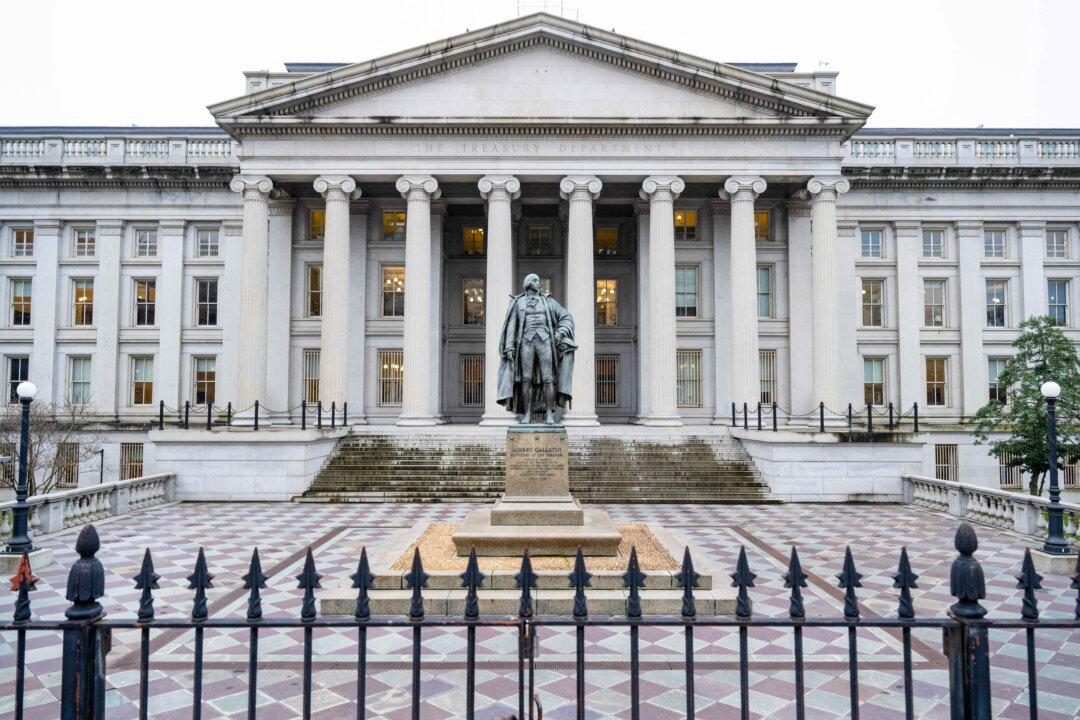The United States has imposed new sanctions on entities in Iran and Russia, accusing them of trying to interfere in the 2024 elections.
The sanctions, announced on Tuesday by the U.S. Department of Treasury, target a subsidiary of Iran’s Islamic Revolutionary Guard Corps (IRGC) as well as an affiliate of Russia’s military intelligence agency over their attempts to “stoke sociopolitical tensions and influence the U.S. electorate during the 2024 election.”





